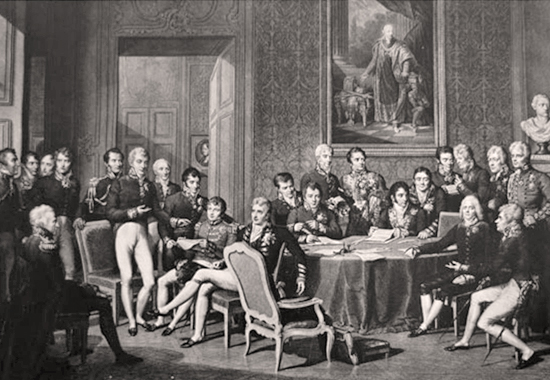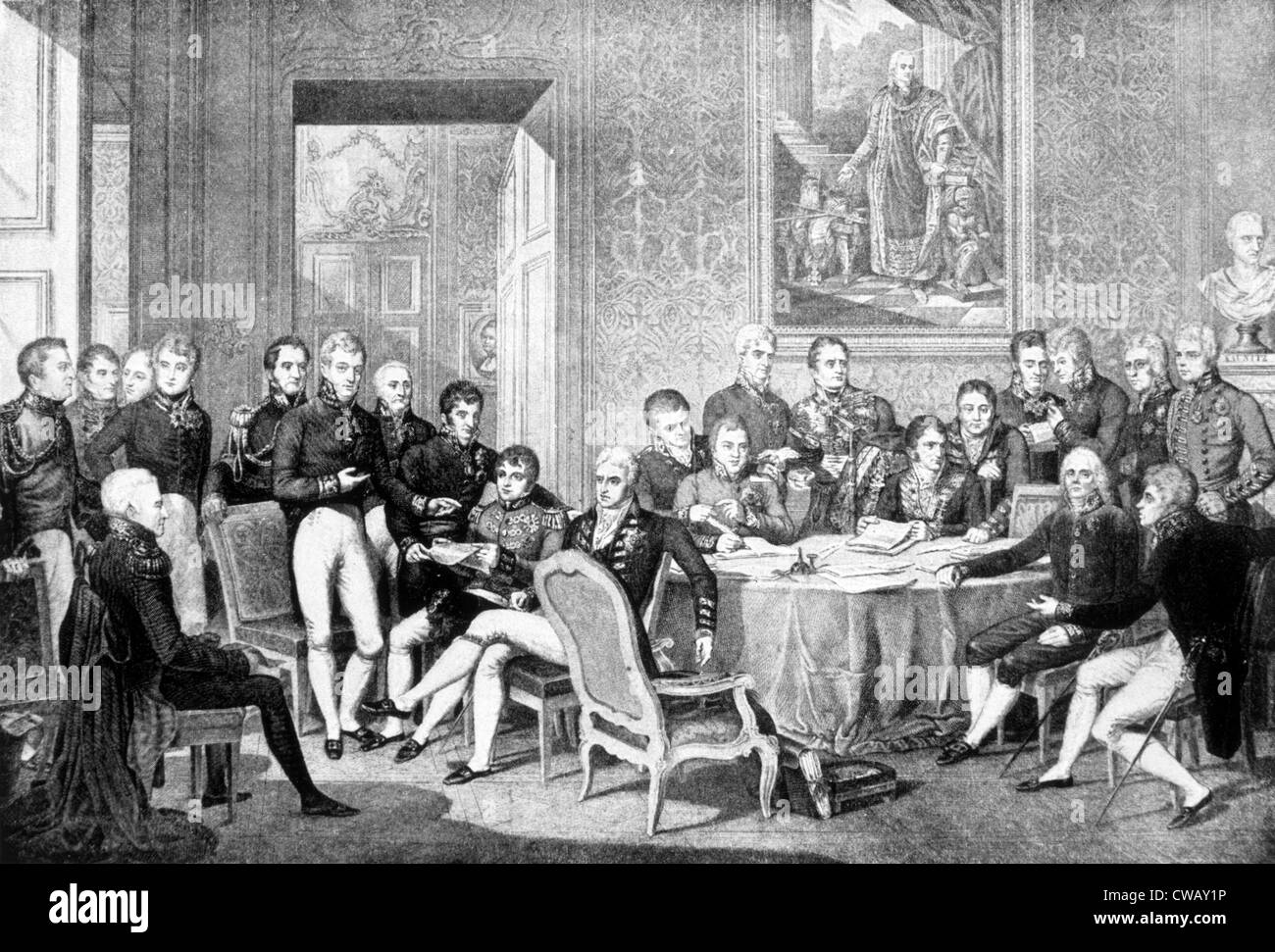
The Congress was originally planned to last for five weeks but went on for about eight months.
Important goal congress vienna series#
The Congress of Vienna took place between November 1814 and June 1815, and it involved a series of meetings between the Great Power leaders 13. Additionally, France wanted to dominate the cultural and military systems in the region, Prussia was a military hub and had technologically advanced weapons, and Austria had an ancient culture that spread throughout the European region 12. In an analysis of the Great Powers, Dupont acknowledges that Great Britain was an expanding empire whose main objective was economic development, while Russia was a rising political and military power in the region 11. During the 1700s, Europe was characterized by ever-shifting wars that led to the formation of the Great Powers 10. Despite these differences, the powers shared similar cultural, religious, and social features.

Some of the nations had liberal constitutional empires, while others were conservatives. Dupont 9 It also notes that the Great Powers were characterized by different political systems. While some countries had bureaucratic rulers, others had aristocrats who ruled the people for decades. The political structures of the European countries consisted of various types of successional leadership. In reference to Curtis 8, it is important to assess the structures of the European states and the Great Powers systems before 1814 in an effort to understand the reasons behind the establishment of the Congress of Vienna. Establishment of the Congress of Vienna (1814-1815) Specifically, the essay analyzes some of the events that took place from 1814 to 1914. The aim of the current research is to assess the importance of the Congress of Vienna in promoting Great Power diplomacy.

The Congress of Vienna was formed after the defeat of Napoleon Bonaparte because the leaders wanted to establish long-lasting solutions to peace and stability in Europe.

The main objective behind its creation was the promotion of diplomacy in Europe and the prevention of future revolutions 7. In reference to Curtis, this balance can be attributed to the establishment of the Congress of Vienna between 18 6. However, Moul argues that the Great Powers managed to have stable state systems despite the challenging environments created by nationalism, radicalism, and social revolutions 5. These are just some of the examples indicating the level of disorder and lack of diplomacy that characterized Europe in the 1800s. Bridge and Bullen note that Otto Von Bismarck from Prussia was able to defeat France after forming an alliance with Germany 4. The newly found power enabled Italy to defeat Austria in 1859.


 0 kommentar(er)
0 kommentar(er)
